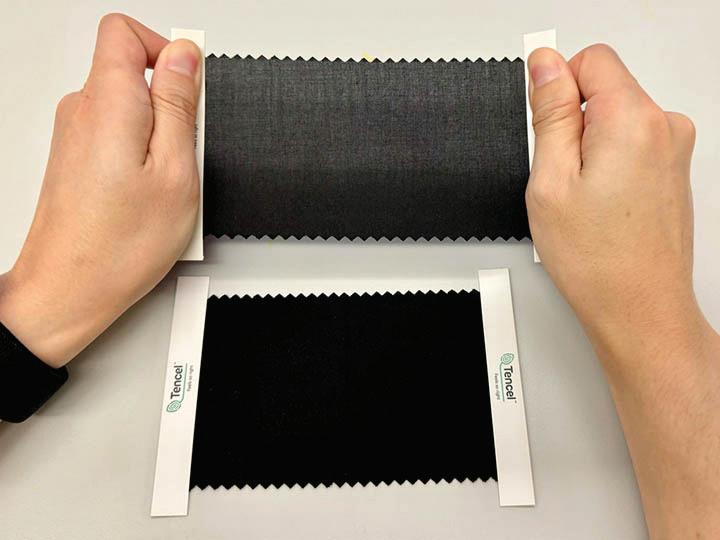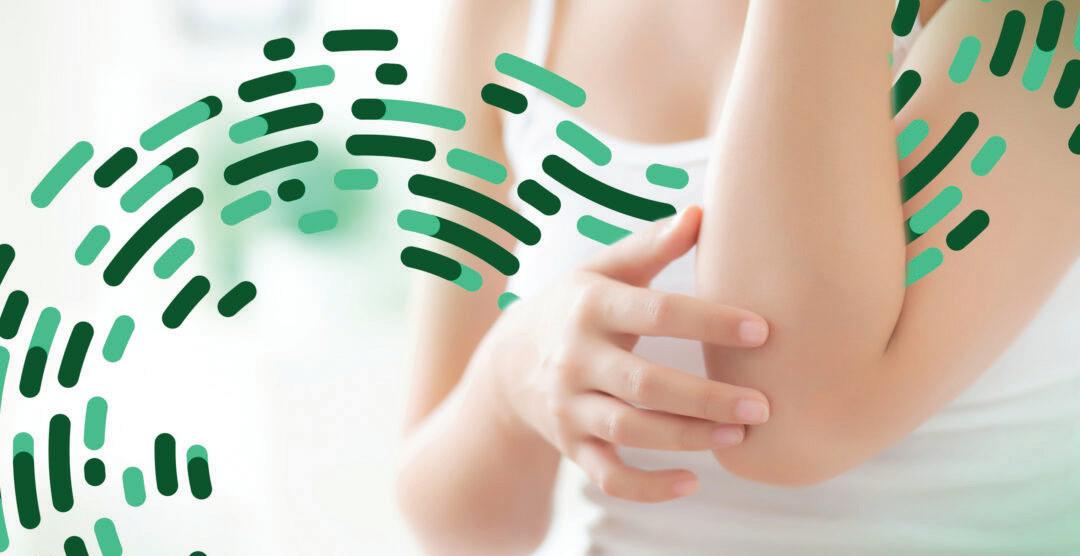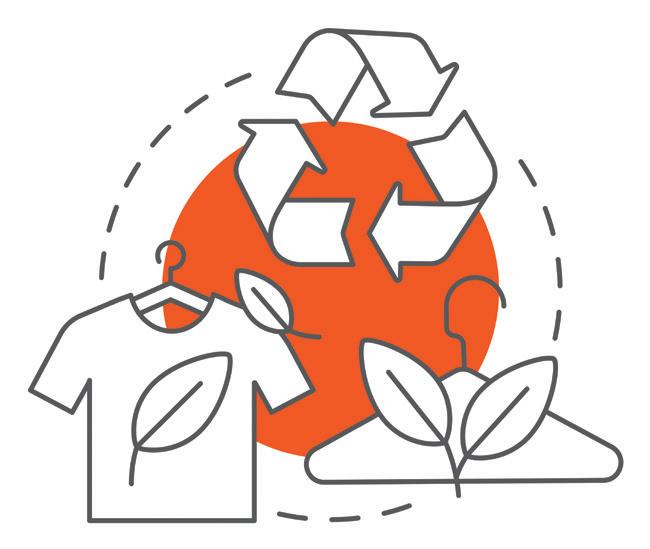
4 minute read
TECH
Notes
Celanese and Under Armour Develop Innovative New NEOLAST™ Fiber for Use in Performance Stretch Fabrics
Celanese Corporation, a global specialty materials and chemical company, and Under Armour, Inc., a global leader and innovator in athletic apparel and footwear, have collaborated to develop a new fiber for performance stretch fabrics called NEOLAST™. The innovative material will offer the apparel industry a high-performing alternative to elastane – an elastic fiber that gives apparel stretch, commonly called spandex. This new alternative could unlock the potential for end users to recycle performance stretch fabrics, a legacy aspect that has yet to be solved in the pursuit of circular manufacturing with respect to stretch fabrics.
NEOLAST™ fibers feature the powerful stretch, durability, comfort, and improved wicking expected from elite performance fabrics yet are also designed to begin addressing sustainability challenges associated with elastane, including recyclability. The fibers are produced using a proprietary solvent-free melt-extrusion process, eliminating potentially hazardous chemicals typically used to create stretch fabrics made with elastane.
NEOLAST™ fibers will be produced using recyclable elastoester polymers, a critical first step for the industry to address the challenge of recycling blended fabrics containing elastane. As end users transition to a more circular economy, Celanese and Under Armour are exploring the potential of the fibers to improve the compatibility of stretch fabrics with future recycling systems and infrastructure. www.neolastfibers.com
TENCEL Lyocell Fibers as Alternative Material for Stretch Fabrics
Lenzing Group, a leading global producer of wood-based specialty fibers, announced a new processing technique of TENCEL™ branded lyocell fibers tailored to create stretch fabrics that enhances comfort of the wearer. This solution offers a fossil-free alternative that delivers exceptional stretch and recovery properties while adhering to responsible production methods.
Lenzing’s new processing technique involves re-engineering woven fabric composed of TENCEL™ Lyocell fibers coupled with a fabric pre-treatment. During the wet process, TENCEL™ Lyocell fibers undergo significant swelling in diameter, leading to increased yarn crimps in the widthwise direction. This translates into a fabric that can stretch with enhanced recovery and does not shrink or wrinkle easily, maintaining a smooth appearance even after home laundering.
To take a step further, Lenzing extends its comprehensive support at the fabric development level to mill partners. The stretch fabrics made using TENCEL™ Lyocell fibers meet the international standard for fabric stretch and recovery properties. The collaboration with Lenzing will enable mills and brands to unleash unlimited design possibilities while addressing
HeiQ Unveils HeiQ Skin Care – a Probiotics-Infused Textile Technology

HeiQ, a global leader in textile innovation, announced the launch of HeiQ Skin Care technology for next-to-skin apparel and home textiles. HeiQ introduces a revolutionary proprietary technology, 100% biobased and long-lasting cosmetic finishing technology for textiles to the market. The newest addition to the portfolio harnesses the power of active probiotics and selected prebiotics to enhance the skin microbiome, turning the human’s largest organ into the best-looking one.
HeiQ Skin Care is a synbiotic textile finish aimed at providing a balanced microbiome for glowing skin, even after repeated use and washing of textiles. Unlike conventional products, HeiQ Skin Care utilizes slow-release prebiotics and probiotics seamlessly integrated into a biobased textile matrix, enriching the skin’s microbiome diversity, and offering long-lasting cosmetic benefits.
The synergistic combination of prebiotics and probiotics, known as synbiotics, delivers a soothing cosmetic skin treatment while we relax, work, or sleep. Probiotics not only restore and improve the skin’s natural balance but also enhance its selfrepair capabilities. Synbiotics promote skin renewal, rebalancing, and improved appearance, reducing the signs of aging and establishing a favorable environment for the skin’s natural repair mechanisms. www.heiq.com the growing consumer demand for comfortable apparel produced responsibly, particularly in sectors such as sportswear, athleisure garments, loungewear, and home textiles. www.lenzing.com











